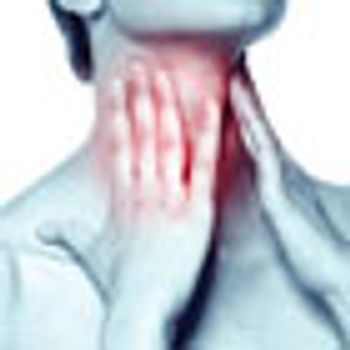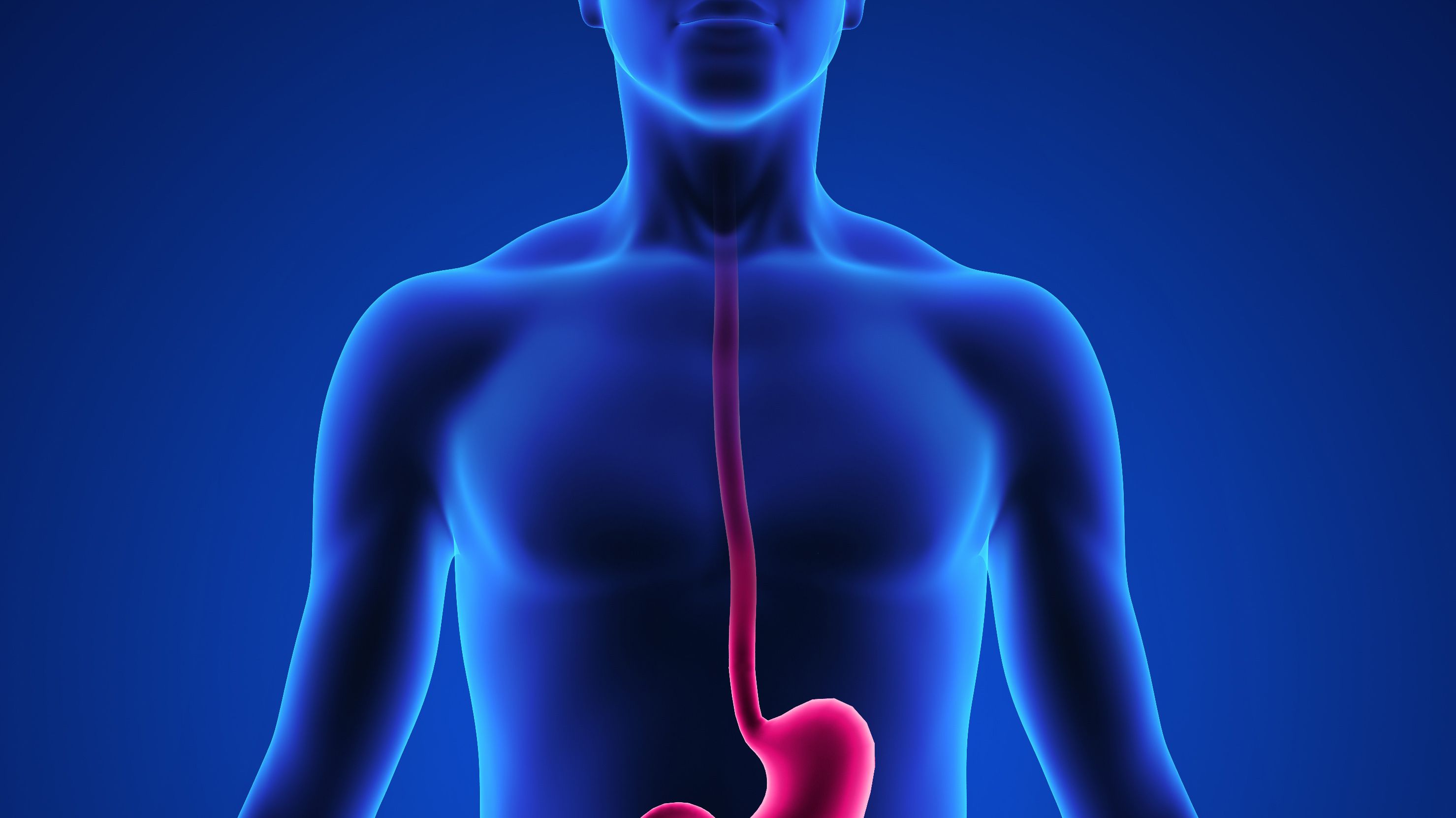
Head and Neck Cancers
Latest News


Sara Sargente found her calling at age 13, caring for her grandfather who had cancer. This oncology nurse navigator and winner of CURE® magazine's 2017 Extraordinary Healer® Award has never looked back.

As prevalence of HPV within the population rises, incidence of HPV-related cancers is expected to rise.

For the distress and depression that patients with head and neck cancer can experience, a gradual or "stepped" approach can help to improve quality of life and reduce costs.

NFL Hall of Famer Jim Kelly discusses how cancer touched his family with his diagnosis of head and neck cancer, and his involvement in Your Cancer Game Plan.

Patients with esophogeal cancers who received induction chemotherapy, followed by PET imaging to determine whether alternative chemotherapy was needed had improved pathologic complete response rates

Carly O’Brien, caregiver program coordinator for CancerCare, dicusses some of the best tips and resources to deal with some of the challenges of head and neck cancer.

For patients with HPV-related oropharyngeal squamous cell carcinoma, induction chemotherapy plus reduced-dose radiation and weekly cetuximab brought improvements for swallowing and nutritional status along with complete clinical responses.

A blood test that tracks patients’ antibody levels could predict when oropharyngeal cancer is likely to recur during its earliest.

Immunotherapy agents are drastically changing the treatment landscape – and outcomes – of patients with head and neck cancers.

Bridgett Harr, CNP, explores some of the unique needs that patients with head and neck cancer face upon entering survivorship.

Nivolumab (Opdivo) has been granted FDA approval for the treatment of metastatic or squamous cell carcinoma of the head and neck (SCCHN).

A "magic" mouthwash treatment of diphenhydramine, lidocaine, and antacid proved effective in reducing oral mucositis pain in patients undergoing head and neck radiotherapy.


Encouraging findings for PD-1 inhibitor–based immunotherapies for the treatment of patients with metastatic head and neck cancer are emerging from clinical studies.

Individuals with detectable human papillomavirus (HPV)-16 in their mouthwash samples were 22 times more likely to develop oropharyngeal cancer (OPC) than those without the type of virus, according to findings of a new study.

Results from clinical trials presented at the 2016 Gastrointestinal Cancers Symposium signal a role for the immunotherapy nivolumab (Opdivo) in the treatment of GI malignancies.

The incidence of oropharyngeal cancers is growing-now surpassing cervical cancer-and the increase is expected to continue over the next 30 years, particularly for men currently aged ≤40 years.

Patients who have human papillomavirus 16 DNA in their saliva following treatment of their oropharyngeal cancer are more likely to have their cancer recur, and a simple mouth rinse can be used to detect it.

Jeannie Woith, BSN, RN, LMT, The James Cancer Hospital, The Ohio State University, discusses the benefits of treating oral mucositis with low-level laser therapy.

A new study has shown that vaccinating adolescent boys may be cost-effective for preventing oropharyngeal cancer, a disease that's projected to become the most common HPV-related cancer by 2020.

Radiotherapy is equally as effective in the palliation of dysphagia (difficulty swallowing) as chemoradiotherapy for patients with advanced esophageal cancer

For patients receiving treatment for oral and head and neck cancer, maintaining adequate nutrition is an ongoing challenge.

Doxepin rinse may prove to be a viable option for the relief of pain associated with oral mucositis in patients with head and neck cancers

Head and neck cancer patients who participated in a swallow preservation protocol (SPP) were less likely to suffer from the detrimental effects associated with dysphagia, a common complication associated with radiation therapy (RT) and chemoradiation therapy (CRT).

























































































